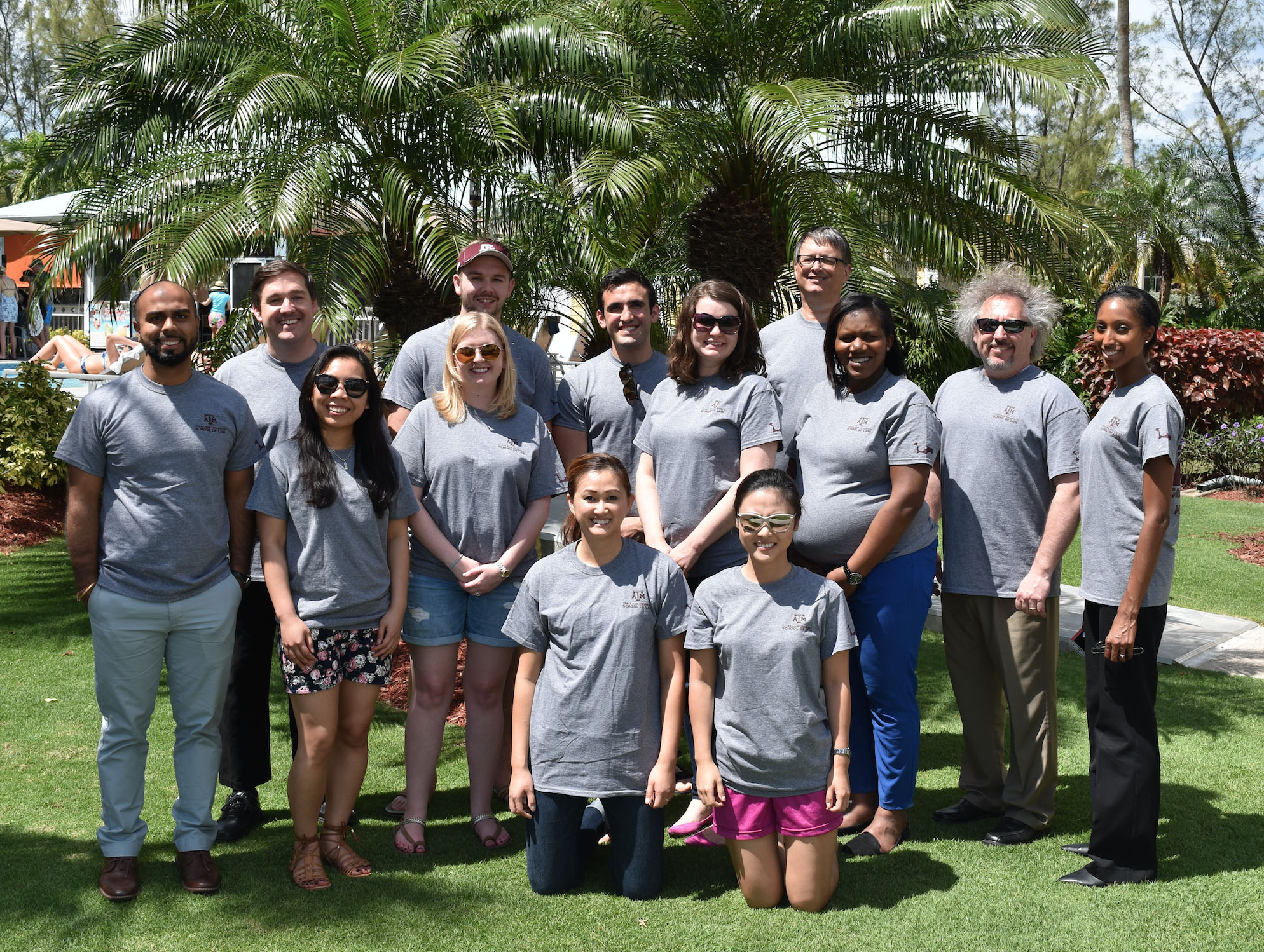
Hi all, May Hen here. I am a PhD student in Sociology at Cambridge and currently in the Cayman Islands conducting fieldwork on the economic sociology of offshore and economic history of Cayman. I had the pleasure of taking part in one of the most interesting courses I have ever come across on offshore financial centres co-organized by Texas A&M University School of Law and The University of Alabama Law School. Led by Andrew Morris, Dean of Law at Texas A&M, this course has been well established. It is in it’s 13th year in Cayman with a new course being rolled out in Jersey this year; I have also been informed that a similar course is also being offered in Vermont (home to the largest number of captive insurance domiciles). This course provided students with little to no understanding of how an offshore financial centre functions with a full immersion week of interaction with the Cayman Islands financial industry and its individual sectors. For those of you interested in some academic reading on offshore, Morriss’ “Creating Cayman as an Offshore Financial Centre: Structure & Strategy Since 1960” on Cayman will help preface the intent of the course which was to shed light on the actual day-to-day activities of the financial industry in Cayman.
All of the presenters were industry leaders in their area in Cayman and each presentation came with a series of expert slides from different sectors of each major area of the financial industry including asset securitization, captive insurance, hedge funds, trusts, insurance linked securities and private equity. The speakers did an excellent job in explaining their industry to us and how their industry would benefit American law firms. What I found most compelling was the extent to which Cayman provides a support role to the overall financial system, particularly in the U.S with hedge funds and captive insurance. What was also most interesting to me was the sheer number of different agents that are required in a financial large transaction, sometimes up to 20 intermediaries from start to finish. Having the transaction explained from the Cayman perspective provided an invaluable and unique understanding of something we may normally understand from an onshore jurisdiction like the U.S.. It has also been interesting to get feedback from the students who had little to no knowledge of Cayman before they arrived. Hopefully those interested in the Cayman Islands will sign up for this course offered annually by Texas A&M next spring. Also kudos to Americans and their ability to merchandise things, you would not see a course providing beer coozies in the U.K.!








Leave a comment